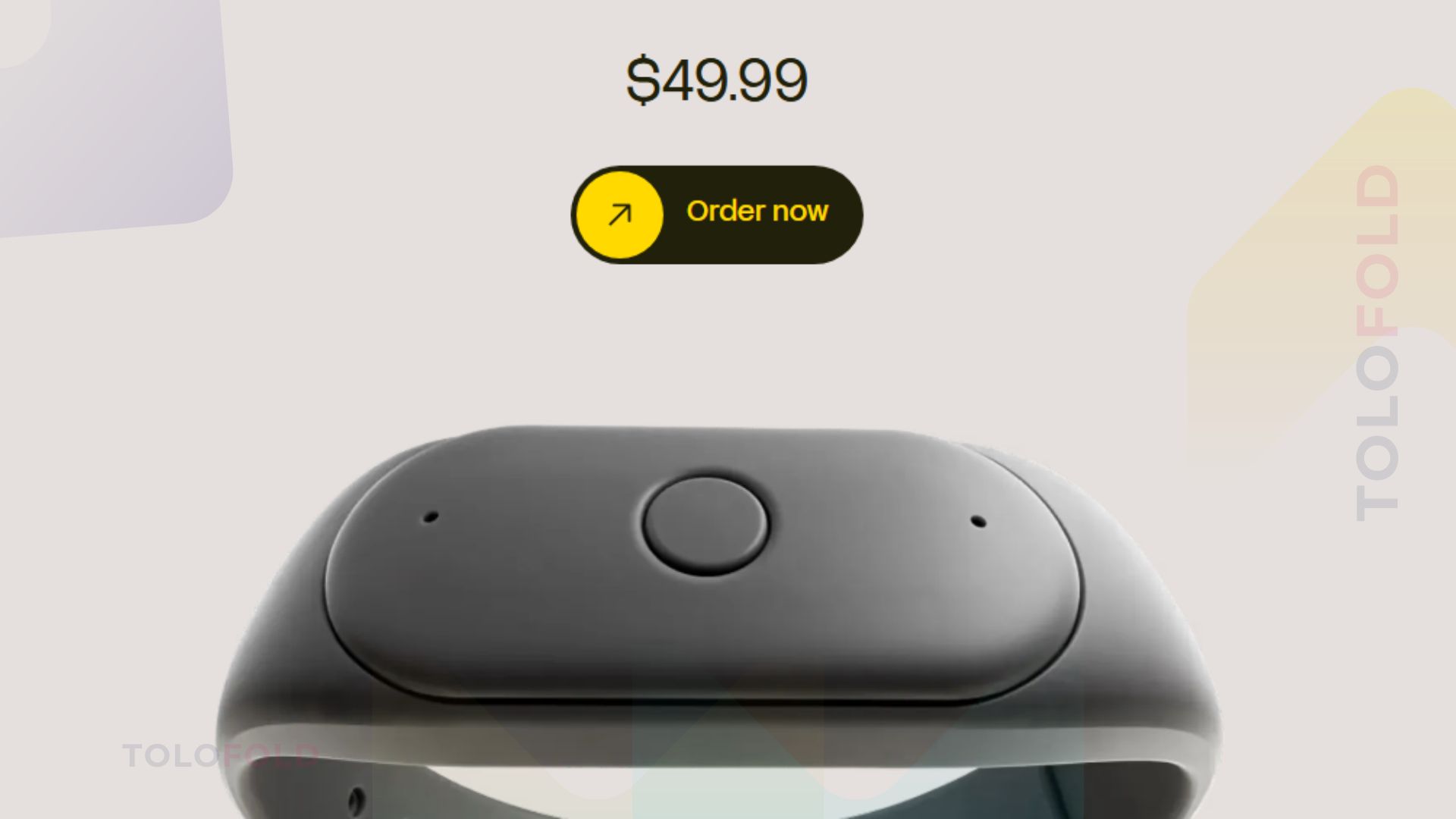From Ring to AI Wearables: Amazon’s Bee Deal Tests Boundaries of ‘Always Listening’ Tech
Amazon is acquiring Bee, a startup known for its affordable AI wearable wristband that continuously listens to, transcribes, and analyzes conversations in real time. The deal, yet to be finalized, marks Amazon’s latest push into AI-powered consumer devices, expanding beyond its Alexa and Ring ecosystems. Founders describe Bee’s wearable as a “trusted companion” designed to assist users seamlessly—though the acquisition raises fresh concerns about privacy and social acceptance of always-on listening technology.
Bee’s AI Wearable: How It Works
Bee’s $49.99 wristband uses two microphones to record conversations, generating reminders, summaries, and insights by integrating with user data like emails and calendars—all processed locally unless muted manually. Unlike Alexa, which activates only on wake words, Bee’s wearable operates continuously, aiming for a more natural, companion-like interaction.
Key differences from Amazon’s existing tech:
- Privacy-focused local processing: Sensitive data stays on-device, encrypted, with cloud reliance limited to complex AI tasks.
- No mandatory subscription: Unlike competitors (e.g., Humane AI Pin’s $499 price), Bee’s basic features require no ongoing fees.
Privacy Concerns and Expert Reactions
While Bee touts privacy controls—a mute button, on-device processing, and optional data integration—advocates remain wary. Kate Kaye, an AI policy journalist, told TechCrunch that always-listening devices risk normalizing surveillance in personal spaces. Amazon’s history with Ring and Alexa adds scrutiny; past incidents include Ring sharing footage with police without consent and FTC settlements over lax video access controls.
Bee’s current policies state audio isn’t stored or used for AI training, but Amazon’s integration could shift these safeguards.
Competitive Landscape in AI Wearables
Bee’s acquisition signals a shift in a market where high-cost, subscription-reliant devices like Humane AI Pin ($499) and Rabbit R1 have struggled. Analysts suggest Amazon’s scale could make AI wearables mainstream:
- Affordability: At $49.99, Bee undercuts rivals.
- Ecosystem potential: Integration with Alexa and AWS may enhance functionality.
Yet, unresolved questions linger about social acceptance and long-term privacy trade-offs.
Future Integrations with Amazon
While specifics aren’t public, observers expect Bee to sync with Alexa, Prime services, and possibly Amazon’s shelved Halo health-tracking features. Regulatory and consumer responses will shape how aggressively Amazon expands Bee’s role beyond its initial focus.
As Amazon moves closer to finalizing the deal, all Bee employees have reportedly received offers to transition to Amazon—hinting at a dedicated roadmap for the wearable’s evolution.
The acquisition underscores a broader industry trend: tech giants betting on wearable AI despite enduring privacy debates. Whether Bee’s balance of accessibility and privacy can win public trust remains an open question—one that Amazon’s track record will heavily influence.







